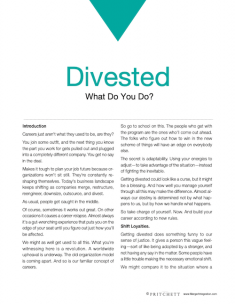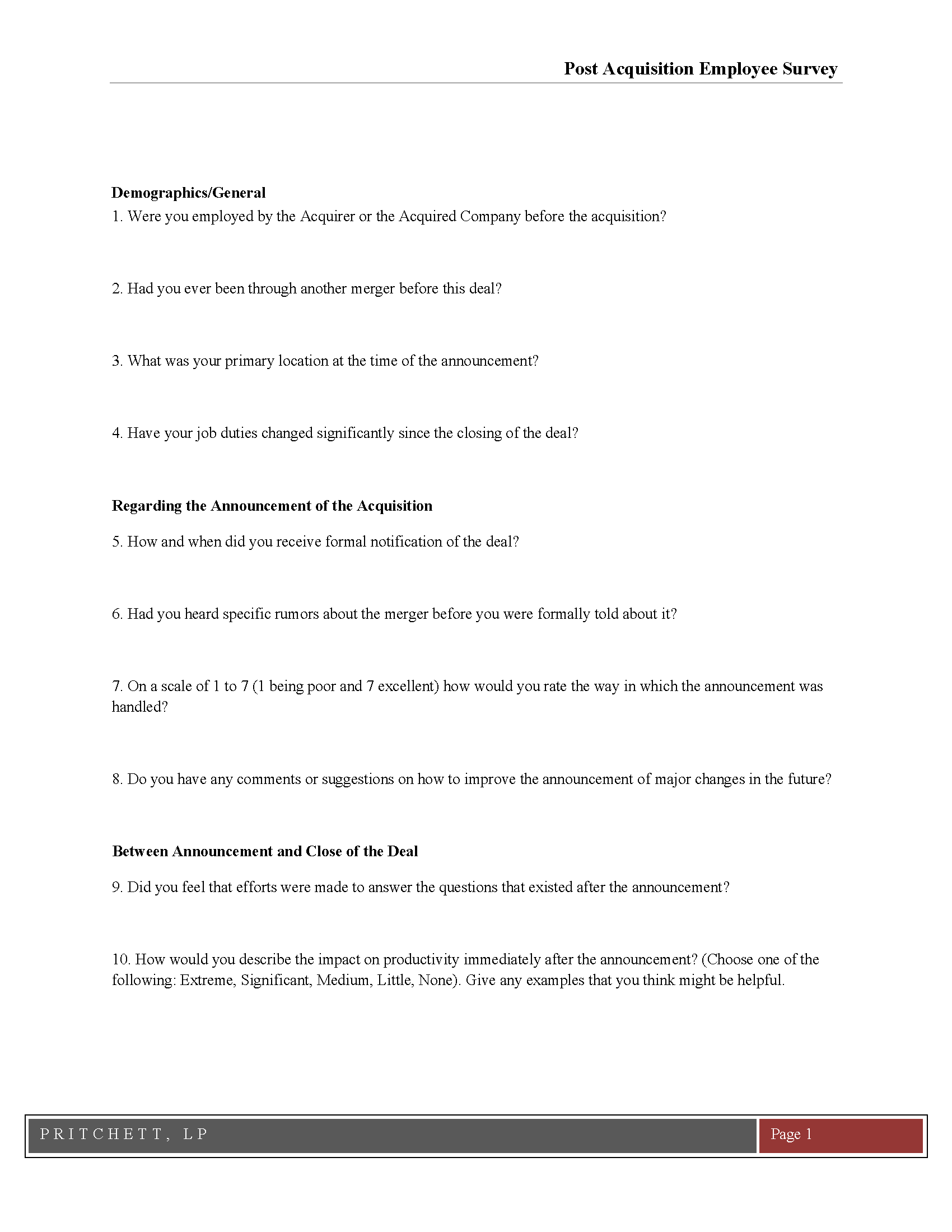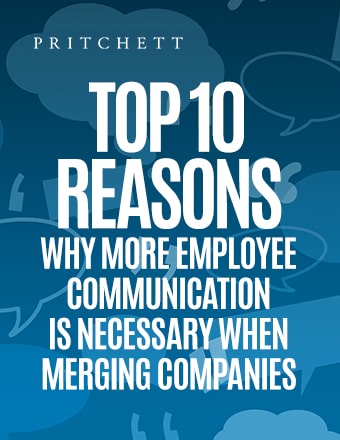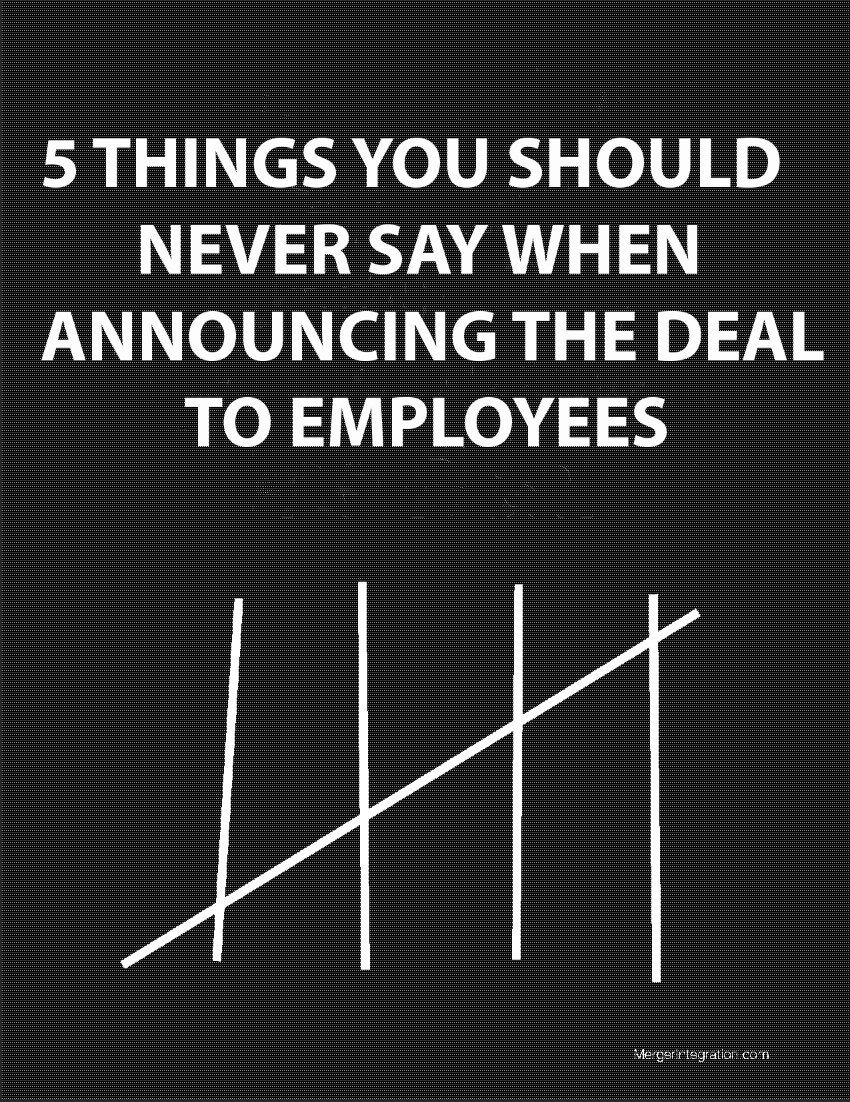Introduction
Careers just aren't what they used to be, are they?
You join some outfit, and the next thing you know the part you work for gets pulled out and plugged into a completely different company. You get no say in the deal.
Makes it tough to plan your job future because organizations won't sit still. They're constantly reshaping themselves. Today's business landscape keeps shifting as companies merge, restructure, reengineer, downsize, outsource, and divest.
As usual, people get caught in the middle.
Of course, sometimes it works out great. On other occasions it causes a career relapse. Almost always it's a gut-wrenching experience that puts you on the edge of your seat until you figure out just how you'll be affected.
We might as well get used to all this. What you're witnessing here is a revolution. A worldwide upheaval is underway. The old organization model is coming apart. And so is our familiar concept of careers.
So go to school on this. The people who get with the program are the ones who'll come out ahead. The folks who figure out how to win in the new scheme of things will have an edge on everybody else.
The secret is adaptability. Using your energies to adjust—to take advantage of the situation—instead of fighting the inevitable.
Getting divested could look like a curse, but it might be a blessing. And how well you manage yourself through all this may make the difference. Almost always our destiny is determined not by what happens to us, but by how we handle what happens.
So take charge of yourself. Now. And build your career according to new rules.
Shift Loyalties.
Getting divested does something funny to our sense of justice. It gives a person this vague feeling—sort of like being adopted by a stranger, and not having any say in the matter. Some people have a little trouble making the necessary emotional shift.
We might compare it to the situation where a professional athlete gets traded to another team. All of a sudden the person is wearing a different uniform, and working with a new bunch of people. The big challenge here is to put your heart into playing for the new organization.
Your natural tendency might be to mourn the passing of the old employment relationship. Nothing wrong with going through sort of a grieving process. In fact, that's just human nature.
But it's easy to romanticize the past. And to get hung up on what we don’t like about the new setup. You'll see people around you focusing on the appealing parts of the old working relationship, while conveniently ignoring the more aggravating aspects of the way it's been. They'll talk longingly about “the way we were,” and take a critical, gloomy view of the days to come.
If you find yourself caught in this emotional routine, challenge your thinking. A grieving process that goes on too long gets in the way of your career. It's a mindset that blinds us to opportunity and bogs us down in the past.
Now is the time to be looking forward. Thinking ahead. Searching for the promise the future holds.
To position yourself for success, you need to shift loyalties. Don't let your love for the old organization keep you from bonding with the new one. Don't let your attachment to the past prevent you from being passionate in your work today.
Transferring loyalty doesn't mean you care any less for your old company. For that matter, you may appreciate it now more than ever. But your paycheck isn't coming from the same place anymore. Another outfit provides your livelihood now.
So play like a professional—pledge allegiance to the new organization. Be willing to emotionally disconnect from your past employer, so your heart can go where your job goes.
“You know what I hate? Indian givers . . . no, I take that back.”
—Emo Philips
Prepare to work in new ways.
The key reason for divestitures is that you are worth more as part of the buyer’s organization than as part of the seller’s.
Even if you keep doing the same thing, you can expect to do it differently.
Ask yourself what's different about your new company’s approach. Where do you see a shift in priorities? Discover the hidden decision rules, the do's and don'ts regarding how business gets done.
While you're catching the rhythm of the work process, pay attention to the new “corporate culture.” We're talking here about the personality of the place. This includes all kinds of things—from the hours people keep, to the firm's values, to the way folks communicate. Listen—learn the new employer's language—and start speaking it. Get a sense of the internal politics, how people package themselves, even the way they play. It may seem silly, but this stuff counts. It's hard to be effective if you don't fit in.
Some of the most important aspects of the culture will be subtle. Hard to read. So you need sensitive antennae, just as you need quick reflexes in the way you adjust to the new situation.
Above all, be open-minded about doing things differently. Resisting change is just wasted emotional labor. Use that energy to build your reputation as a person who gets on board.
“Sometimes it’s hard to tell if something is actually a memory, or you just dreamed it. So I asked my boss if I called him a lying, stinking thief, or I just dreamed it, and he said I just dreamed it. Whew, that was close.”
—Jack Handey in Fuzzy Memories





